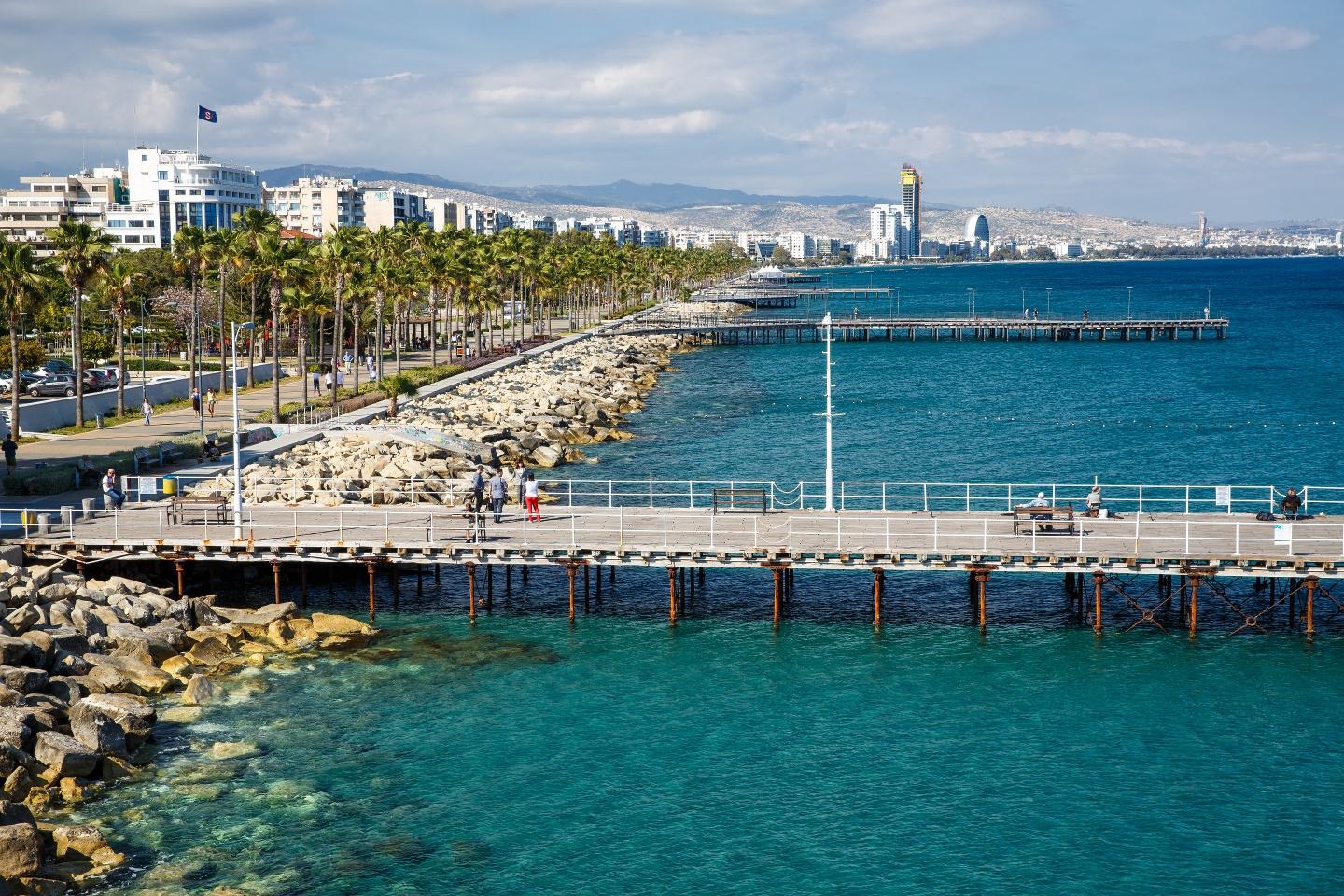Cyprus has long been a favorite destination for foreign real estate investors. And it’s easy to see why! The island offers everything from sunny seaside apartments and vacation villas to income-generating investment properties. But, like anywhere, there are nuances. Sometimes paperwork isn’t in order, property titles have issues, buildings are constructed without permits, or unexpected debts appear.
To avoid unpleasant surprises, it is essential to conduct a comprehensive property due diligence before signing any contracts. Think of it as insurance against potential problems. This process includes legal, technical, and financial audits, resulting in a full legal report on the property’s status, which helps you make an informed purchase decision.

Potential Risks When Buying Property in Cyprus
The Cypriot real estate market is active but still has properties with legal or technical issues. Buyers may face:
- Title Deeds problems — without clear documents, you cannot legally own the property.
- Hidden debts or encumbrances — the property may have mortgages, unpaid debts, or ongoing legal disputes.
- Planning violations — unauthorized extensions or deviations from approved plans can prevent title registration.
- Overpriced properties — in some regions, overbuilding and market fluctuations affect liquidity.
To avoid these risks, engage an independent lawyer, perform a title check, get a property valuation, and conduct a technical inspection.

Independent Legal Support: Your Key Protector
The first rule for a safe property purchase in Cyprus is to hire an independent lawyer, unaffiliated with the seller or real estate agent. This expert will conduct legal due diligence, review documents, and protect your interests.
The UK Foreign Office provides a list of English-speaking lawyers in Cyprus, useful for foreign buyers. A good lawyer can:
- Draft a sales contract in compliance with Cypriot law.
- Negotiate favorable terms.
- Verify the seller’s ownership rights.
- Review all developer documents when buying new construction: building permits, certificates of final approval, and proof of paid taxes and municipal fees.
- Oversee the transfer process at the Cyprus Land Registry.

Checking Ownership and Property History
A key due diligence step is verifying the title of ownership at the Cyprus Land Registry. This confirms that the seller is the legal owner and that the property is free of debts, mortgages, or legal claims.
When buying new construction or off-plan properties, ensure the developer has approved permits and plans. Without them, registration may take years.

Technical Condition: What to Inspect
For resale properties, hire a professional inspector. An independent engineer or construction expert will check the structure, electrical systems, plumbing, and hidden defects such as cracks, leaks, or corrosion.
A detailed report helps avoid purchasing problematic property and accurately estimates repair or renovation costs.

Financial and Tax Considerations
A property lawyer will check governmental and banking records to ensure there are no financial encumbrances. This prevents situations where buyers inherit debts or unresolved obligations.
The review also includes unpaid utility bills, maintenance fees, and other financial liabilities tied to the property. If such debts exist, they may transfer to the new owner after purchase.
Financial due diligence is essential for buying apartments, houses, or commercial properties in Cyprus, providing transparency and safeguarding the buyer.
Additionally, calculate all associated costs:
- Transfer fees (property registration fees)
- Stamp duty
- VAT (up to 19% on new properties, though first-time buyers may get a 5% discount)
- Annual taxes and utility fees
It’s also important to understand the tax implications for future resale. Cyprus has Capital Gains Tax, but exemptions exist for certain residents.

Location and Growth Potential
When choosing a property, consider not only the price but also the area’s prospects. Developed infrastructure, proximity to the sea, schools, and tourist areas increases property liquidity.
Professional due diligence includes analyzing district development. Recently, Paphos, Larnaca, and coastal areas like Ayia Napa and Protaras have shown strong rental demand.
Inheritance Law and Wills
After purchasing property in Cyprus, it’s advisable to draft a separate will for assets on the island. Cypriot inheritance law follows mandatory heir shares, so a will helps avoid disputes and speeds up inheritance processes.

Buying property in Cyprus can be a profitable investment and the start of a new life under the sun—but only with a careful approach. Document verification, legal support, property inspection, and understanding financial obligations are the foundation of a successful transaction.
By working with licensed agents and experienced lawyers, you protect yourself from unpleasant surprises and can confidently own property in one of the Mediterranean’s most attractive destinations.
Read also:
- Can You Drink Tap Water in Cyprus: Is It Safe?
- The Cypriot pace of life — how the island teaches you to slow down and live in the moment
- Cyprus for remote workers — pros and cons, places and cafés for comfortable work
- How to Get a Cyprus Driving Licence - Full Guide
- Real Estate Options for Digital Nomads in Paphos

